International Women’s Day: Understanding and acting on sexism should be a basic leadership competence like making a budget
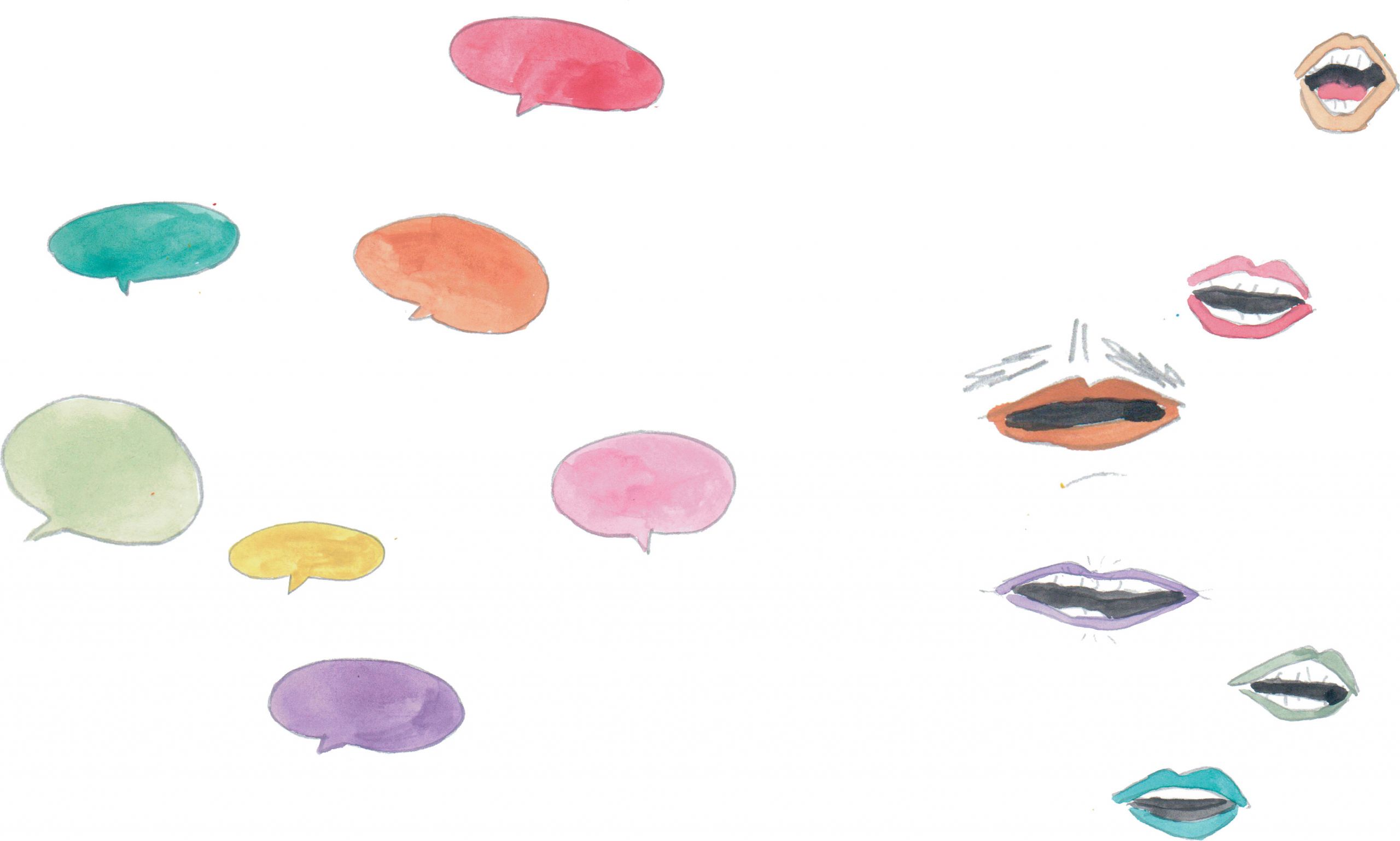
(Illustration: Marion Bretagne)
CBS researchers present a new handbook on how to fight sexism in academia to celebrate International Women’s Day at CBS. The handbook is based on the more than 700 stories about sexism experienced across Danish universities, and the authors hope the book can serve as an empowerment tool, as well as giving people the knowledge needed to see and act on sexism.
This year’s theme for celebrating International Women’s Day at CBS is sexism in academia, and the main event is the presentation of a new handbook.
The handbook, SexismEDU – Sexism in Danish Higher Education and Research, is the outcome of the reaction to a letter against sexism in academia that was initiated by 16 researchers from Danish universities, including CBS, in October 2020. More than 700 researchers signed the letter and shared anonymous examples covering everything from rape to degrading and suggestive remarks in October 2020.
“In the letter ‘Sexism at Danish Univeristies’, we promised the people who shared their stories with us that we would create awareness and act on them. So we hit on the idea of writing a handbook as a tool for political and institutional action. But also to serve as a beacon of hope for those who shared their stories. Hope that things will change,” says Ana Maria Munar, Associate Professor at the Department of Management, Politics and Philosophy at CBS and co-initiator of the initiative.
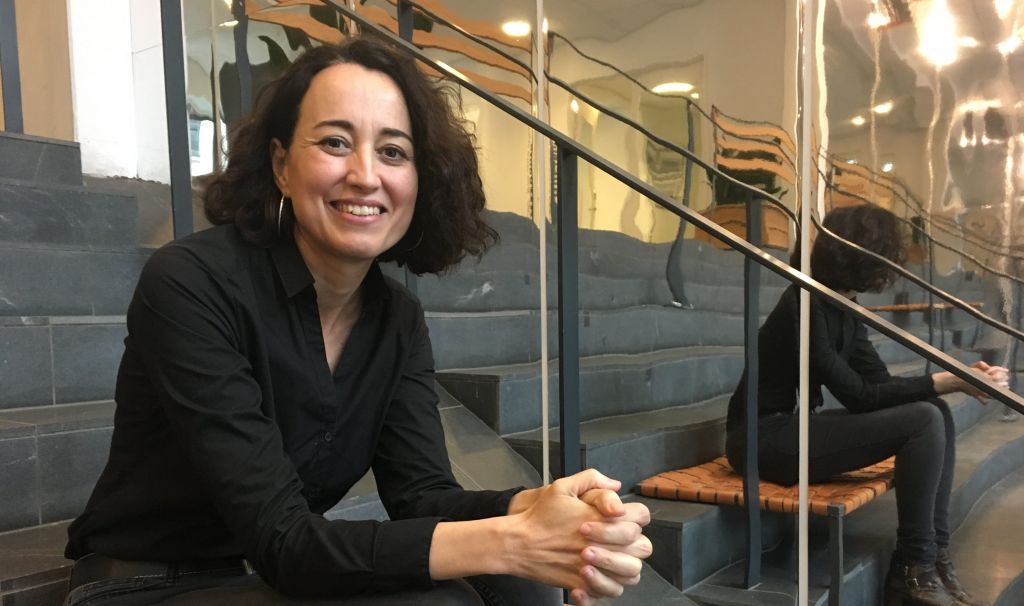
In 2018, Ana Maria Munar published the handbook – The Beauty and the Abuse’ – which like the new handbook – shall help us talk more freely about how romantic love, dating, affairs, and sexual harassment taking place in the academic work shape our daily lives at work. (Photo: Anne M. Lykkegaard)
The new handbook contains three chapters; an understanding chapter, an exploratory chapter containing 27 vignettes, and an action chapter, explains Research Assistant Anna Franciska Einersen, who has co-authored the handbook.
“Many people still think that sexism is about sex, but it’s actually more about power and stereotypes,” she says and continues:
“Sexism comes in various forms, and everyone agrees that hostile sexism reflecting misogyny is bad, and it’s often easier to communicate about that type of sexism. But all research shows that subtle and benevolent sexism is just as bad, as it’s hard to pinpoint and often leaves people questioning themselves.”
Anna Franciska Einersen and Ana Maria Munar stress that the handbook is not made with the aim of identifying a few “rotten apples” in the organization, but rather it focuses on the structural and pervasive aspects of sexism, to enlighten all parts of the university on what sexism is and can be, and how to act on it – both for the one who experiences it, for the academic society, and for the one who is in charge when it happens.
“No one wants sexism, but often people don’t know what to do or where to start. They can start with this book,” says Ana Maria Munar and continues:
“It’s for everyone who wants to act on sexism, and it’s also for individuals who experience sexism and feel they are lacking the arguments they need. Maybe some people will tell you that they’ve never seen, heard of or experienced sexism, and that can be hard to refute. But this handbook gives you examples, definitions, resources and arguments for dealing with it, so you don’t feel alone. In that sense, it is also an empowerment tool,” says Ana Maria Munar.
The new book can be downloaded for free on the website SexismEDU.dk and will be available in the near future. The website SexismEDU-dk provides analyses of the many testimonies of sexism in academia, and free access to the handbook, future studies on the topic and other relevant resources, explains Ana Maria Munar.
The many forms of sexism
The book’s exploratory chapter explains sexism in 12 categories, and each category is exemplified with short vignettes based on the more than 700 shared stories, including examples of hostile sexism, subtle sexism and benevolent sexism.
Ana Maria Munar explains that sexism is hard to address unless you know the forms it can take. Therefore, training employees on the various kinds of sexism, how to prevent it and ultimately how to deal with it is crucial.
“If you are trained in this, whether you are a union representative, HR consultant or manager, you will be able to see it and take action. As it is, people cannot identify it, and if you cannot identify it, you cannot manage it,” she says.
According to her, moving forwards managers should be required to attend training in dealing with sexism.
“Today, you don’t hire leaders who have no leadership experience or have never made a budget. Knowing how to tackle sexism should be a demand on the same level that academic leaders know how to identify sexism and how to do something about it. We all need to know, and we can only change through knowledge,” says Ana Maria Munar.
What I hope for….
Anna Franciska Einersen has only been in academia for two and half years, and she knows what she hopes for in the future. And it relates to a case study she completed not long ago, in which she interviewed female professors and asked them for advice on how to be a woman in academia.
“The answers I received were very contradictory. I was told to be nice, but not too nice. I was told to be assertive, but not too assertive. I was told to act out my femininity, but be aware that I’m in a competitive environment, so you have to act in a masculine manner. So what I really hope for with this handbook and going forwards is that those pieces of advice will no longer exist. That we don’t have to balance how we act as women in order to make it in academia,” she says.
“You know there is a term for what you just described?” exclaims Ana Maria Munar on Teams.
“It’s called cruel optimism. You tell people that you are equal. That as a woman you can start your academic career and reach the top, but because of sexism it becomes impossible. It becomes a promise of cruel optimism. And it’s real. Just look at the differences between the number of male and female professors at CBS. Women disappear from academia,” she says.
Both Anna Franciska Einersen and Ana Maria Munar are well aware that sexism will not disappear right away – but the handbook is a tool that can propel change.
“It’s difficult to change. Of course it is. It will happen gradually, but it all starts with language, sharing ideas and words, and being given words that enable you to express yourself. Words are power, and words are action,” says Ana Maria Munar.



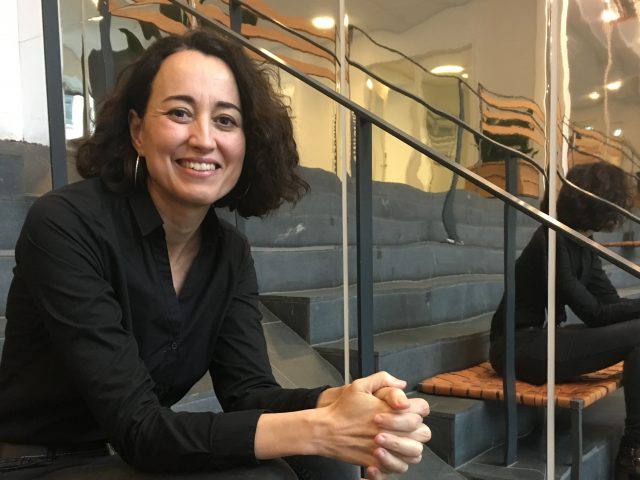


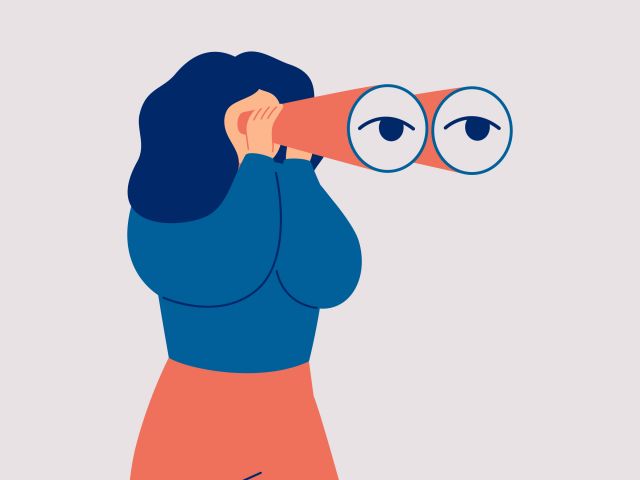
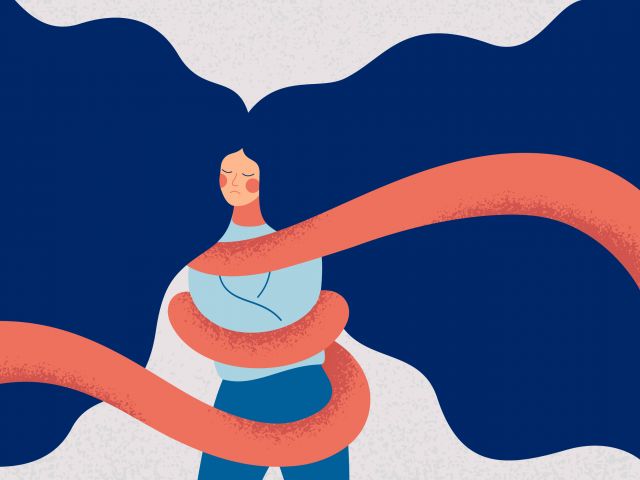
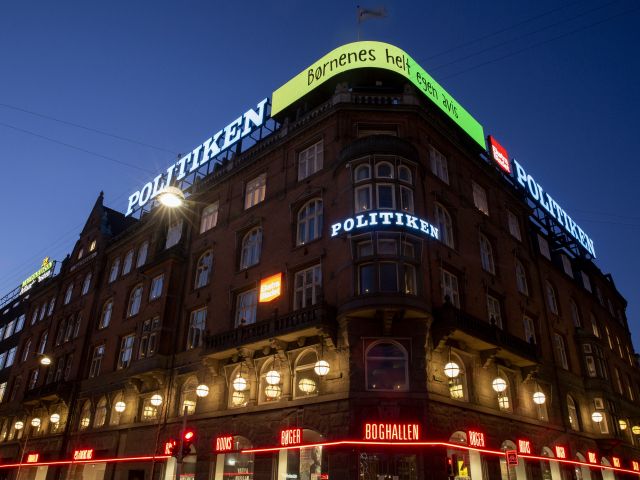





























































































































Comments